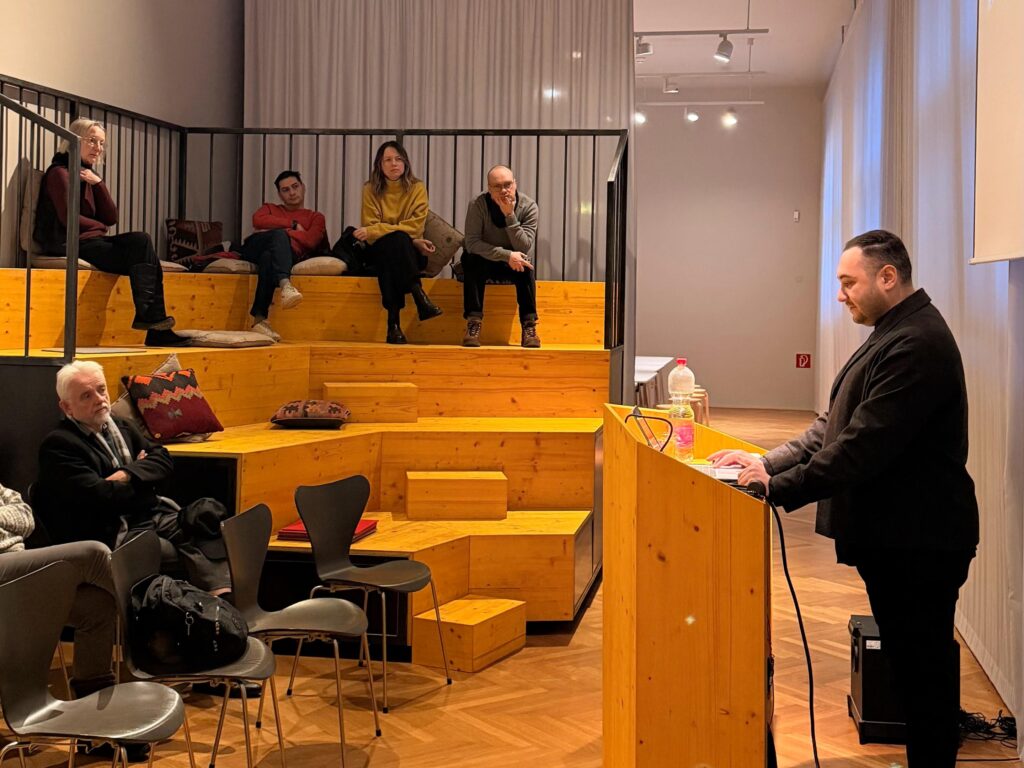International Conference “Turning Points in Eurasia”
On August 28th and 29th, 2023, together with the Kazakhstan Bureau for Human Rights and Rule of Law (KBIHR), Kadyr Kasiet (also Kazakhstan), and Bir Duino (Kyrgyzstan), we hosted the international conference ‘Turning Points in Eurasia’ in Almaty, Kazakhstan. It was the largest international regional conference on Central Asia since 1994. Over 200 leading representatives from the regional and global civil society and academic communities active in Central Asia gathered for this event in Almaty, Kazakhstan.
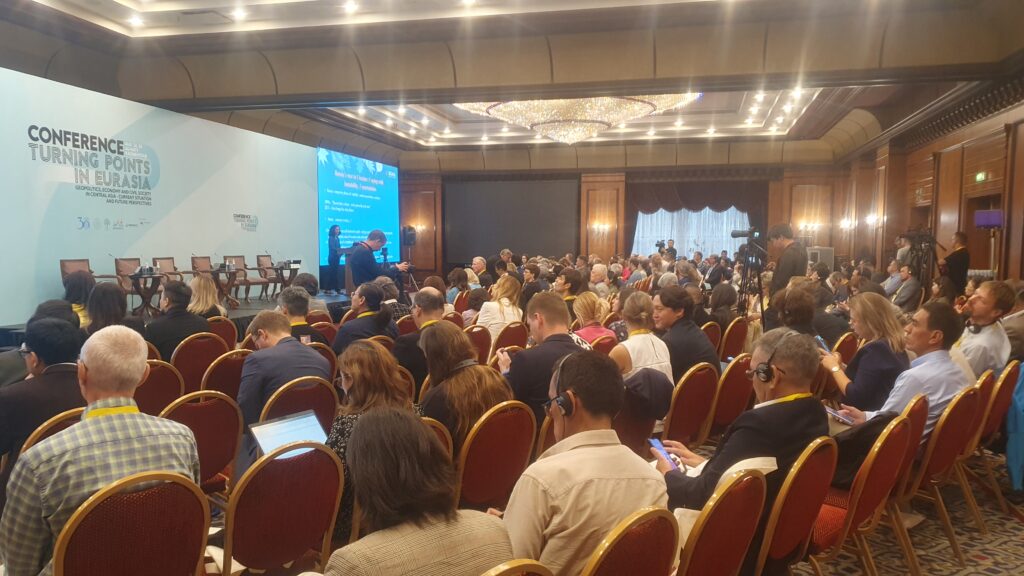

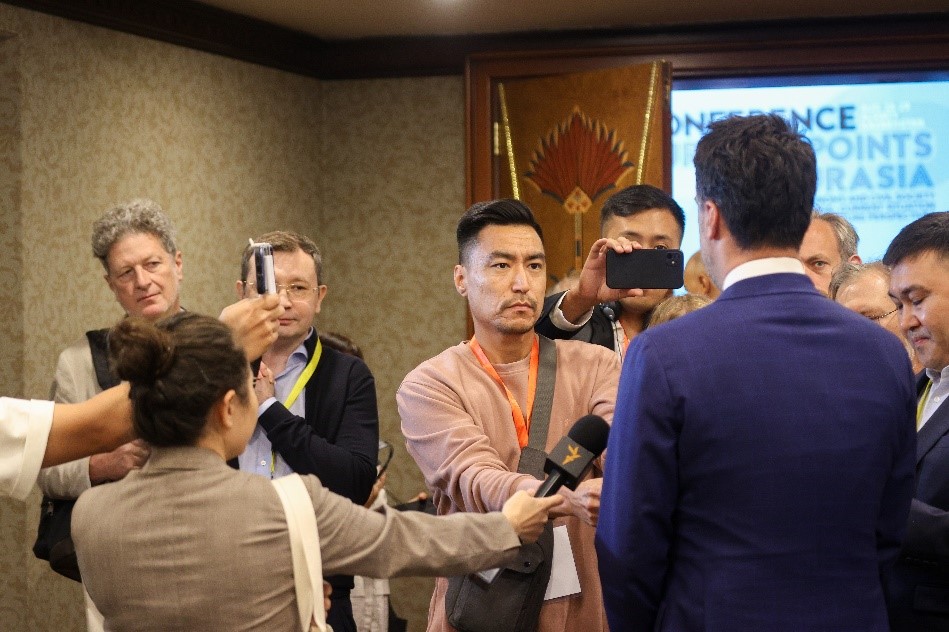
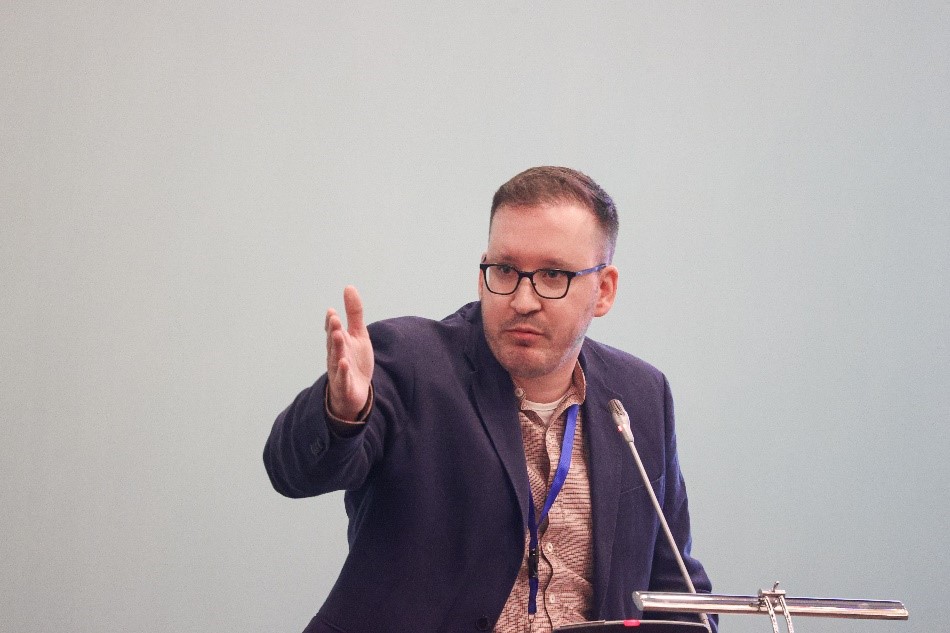
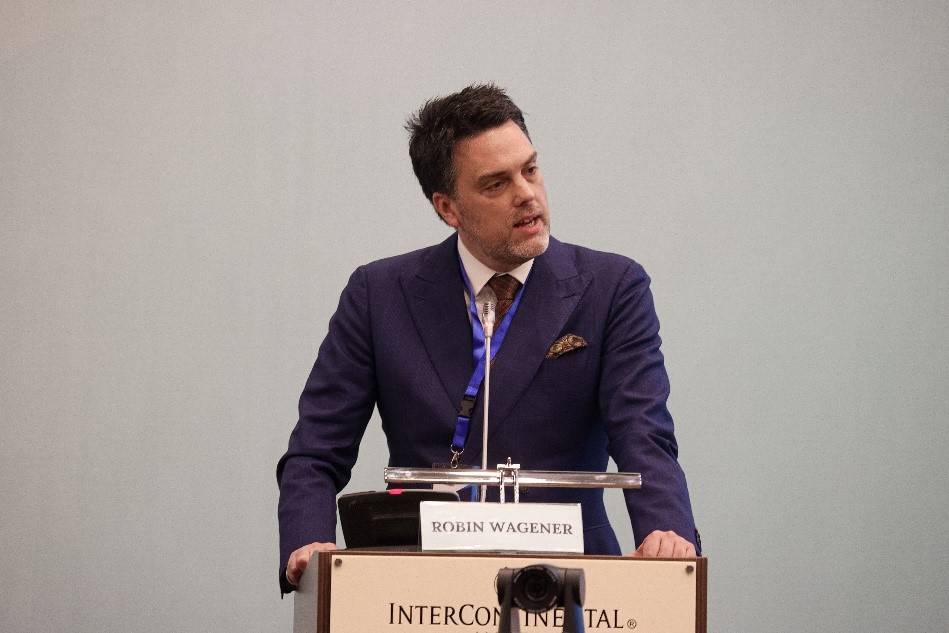
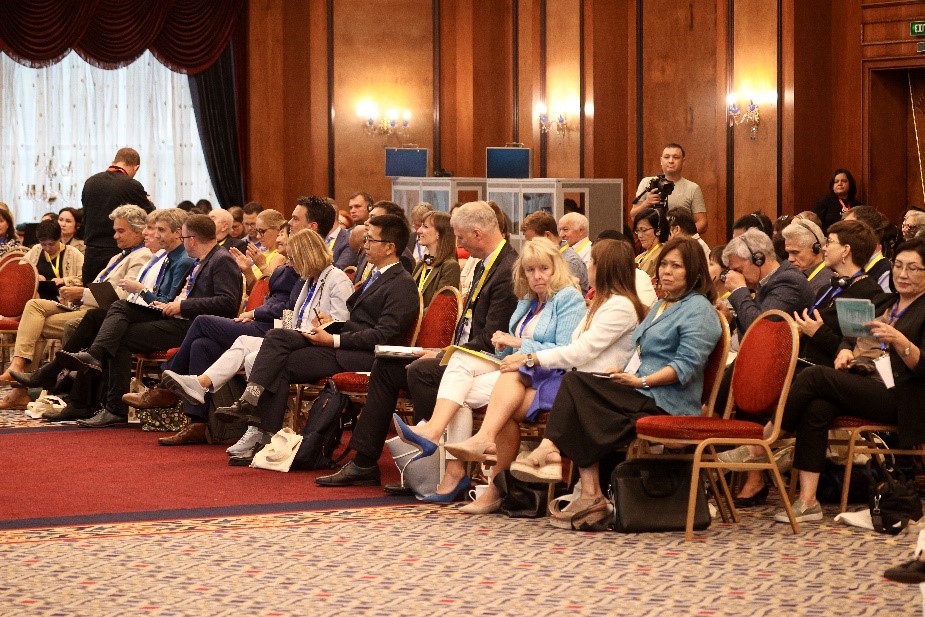
At the last conference of this size in the region nearly thirty years ago, the upheavals resulting from the collapse of the Soviet Union were mainly discussed, addressing the perspectives as well as the profound problems and conflicts arising from the newly gained state independence of the Central Asian countries. Now, it was the tectonic shifts in the region that were the focus. The Russian war against Ukraine and China’s rise to global superpower status is leading, in the shadow of a re-emerging worldwide bloc formation between authoritarian and democratic states, to a restructuring of the region.
Eight panels and numerous keynote presentations facilitated an intense exchange on current key issues of the region. Discussions included, among other topics, political and geopolitical development trends, the state of civil liberties, economic development and distribution issues, the situation of women and minorities, and the challenges of climate change.
From Austausch Jacob Riemer, Felix Jaitner, and Johannes Melcher participated. Jacob Riemer opened the conference and moderated the panel on human and labor rights, while Felix Jaitner contributed his international expertise within a conference panel on measures to address climate change.
In his keynote speech at the conference, Jacob Riemer emphasized: “We have come to listen attentively and to find out what the priorities of civil societies are in the countries of Central Asia. We have also come to understand how we can collaborate meaningfully on issues that concern all of us in Eurasia and globally […]. And finally, we have come to underline that we want to be reliable partners.”
The uniquely comprehensive conference aimed to amplify not only the voices of established actors but also those of previously overlooked voices from Central Asia and to strengthen them in the international discourse on the region. Thus, young and innovative representatives also had the opportunity to speak.
But important representatives of international politics also participated in the conference, including Robin Wagener, Coordinator of the German Federal Government for Civil Society Cooperation with the South Caucasus, the Republic of Moldova, and Central Asia, Terhi Hakala, EU Special Representative for Central Asia, and the Deputy OSCE Representative for Central Asia, Dumitru Lipcanu.
The conference was unique not only because of its scale but also due to the intensive integration of civil society, academic, and political analysis, which, given the politically challenging conditions for civil society locally, represented a novelty in the region. Accordingly, there was significant media interest.
The conference results will be promptly published as a declaration and serve as a starting point for enhanced cooperation on key issues of regional development.
The organizers express their gratitude to the Federal Foreign Office of the Federal Republic of Germany for making the conference possible through its financial support.


